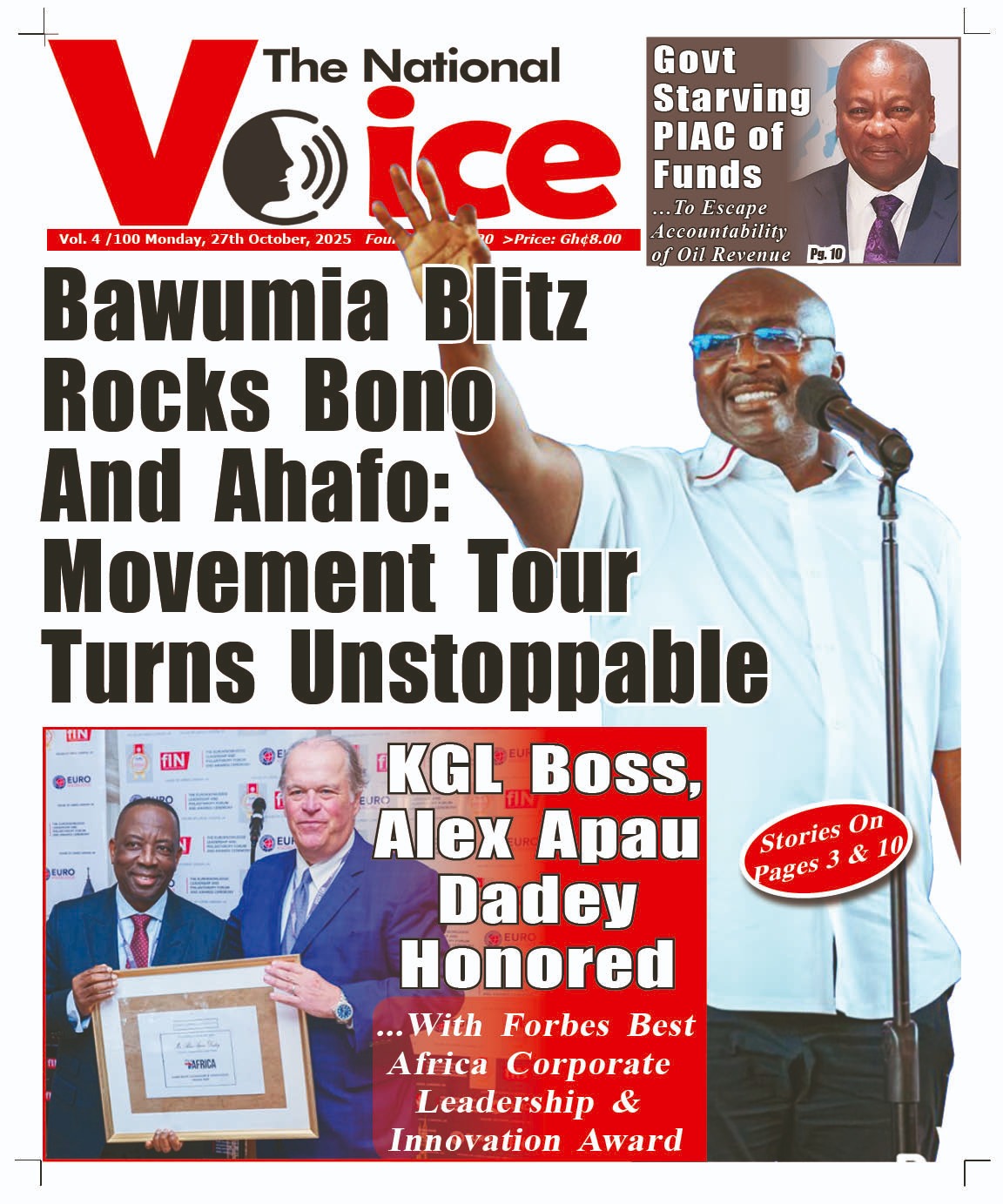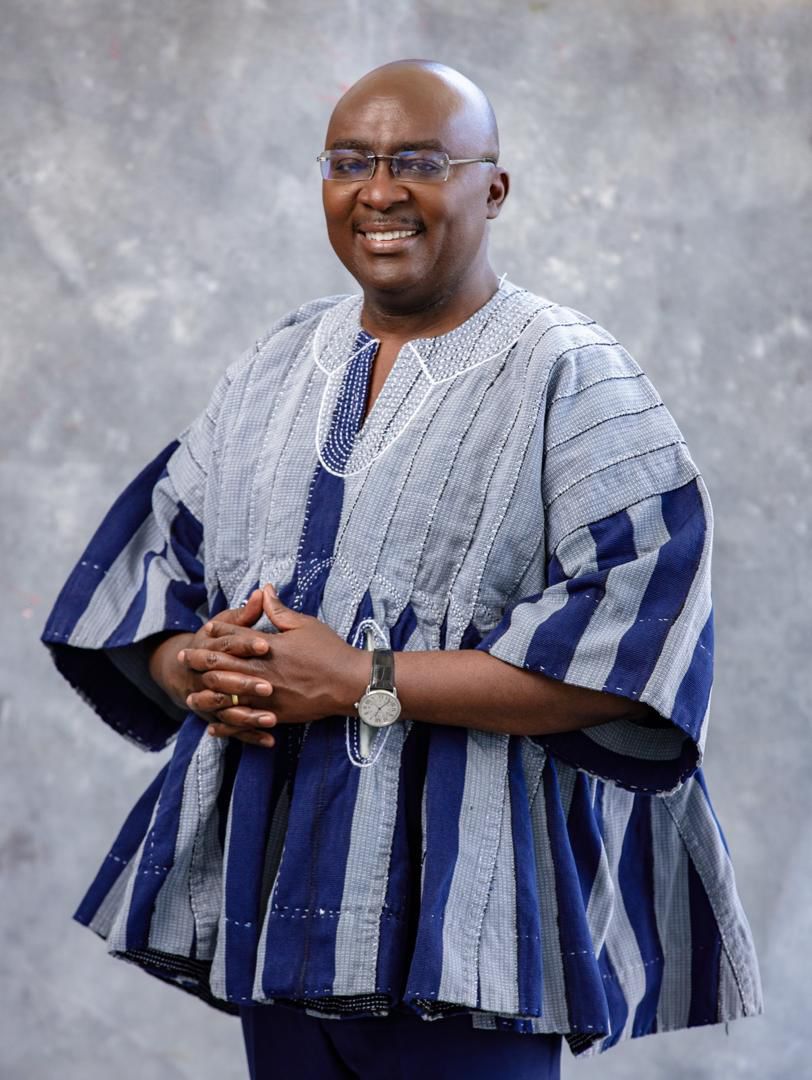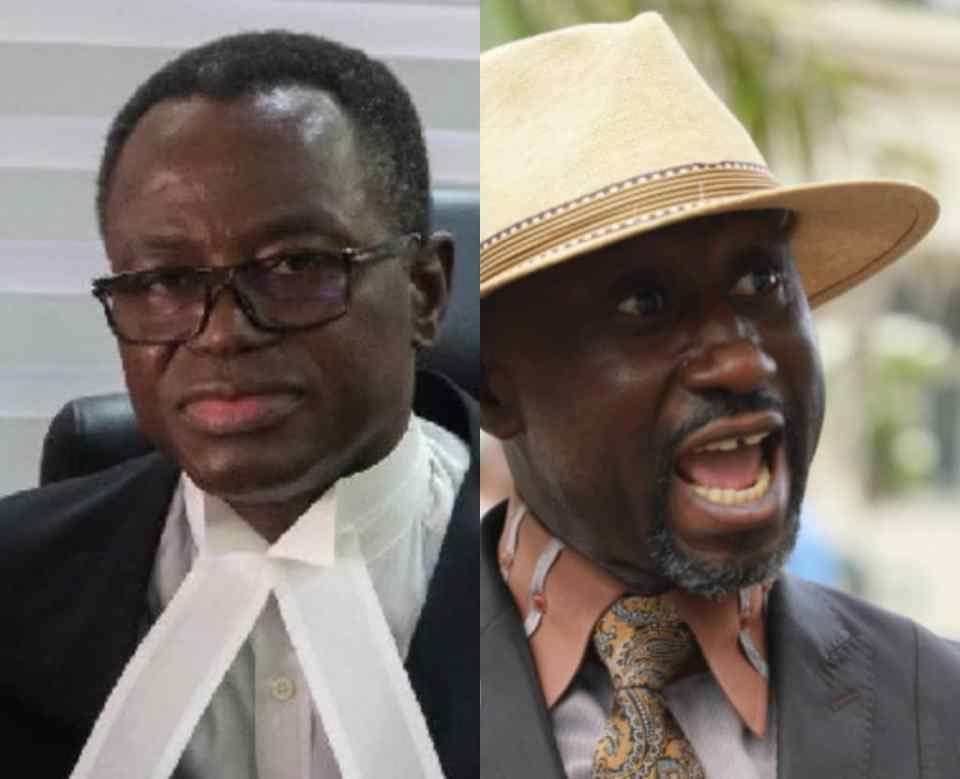The Akwatia parliamentary by-election, triggered by the untimely demise of Ernest Yaw Kumi, is fast shaping up into one of the most watched political contests in Ghana. Far from being a routine vote, this election is testing the credibility of political parties, the integrity of their internal processes, and the resilience of Ghana’s democracy.
On the ticket of the ruling New Patriotic Party (NPP) is Kwame Asumadu, who appears to enjoy strong grassroots appeal. Early interactions with constituents suggest that Asumadu’s relatability and accessibility have endeared him to the electorate. With the NPP presenting a united front behind his candidacy, the party looks well-positioned to consolidate its hold on the constituency.
The National Democratic Congress (NDC), however, enters the race fractured. Its candidate, Lawyer Bernard Bediako, faces a divided base amid allegations that he bribed his way into securing the party’s nomination. These claims have cast a long shadow over his campaign, with many rank-and-file members disgruntled and some threatening to sit on the fence. For a party that once held sway in Akwatia, this level of internal disunity could prove disastrous at the polls.
Also in the race is Patrick Owusu, representing the Liberal Party of Ghana (LPG). While LPG candidates traditionally struggle against the dominance of the NPP and NDC, Owusu’s entry introduces an element of unpredictability. He may not have the structures to win outright, but he could play the role of a spoiler, splitting votes and subtly reshaping the outcome.
Historically, Akwatia has been a swing constituency, oscillating between the NPP and NDC. In 2008, the NPP’s Dr. Kofi Asare shocked the NDC by unseating Baba Jamal. The NDC reclaimed the seat in 2012, only to lose it again to the NPP in 2016 and 2020. This back-and-forth has cemented Akwatia’s reputation as a political bellwether.
That is why the stakes are high. For the NPP, a victory would signal continuity and could strengthen the party’s national narrative heading into the 2028 general elections. For the NDC, a loss—especially one caused by internal cracks—would be a devastating blow, raising questions about the party’s ability to unite and compete effectively in future national contests. For the LPG, even a respectable showing would give the party credibility in a political landscape dominated by two giants.
Beyond party politics, however, lies the real story: the plight of the people of Akwatia. Once the heartbeat of Ghana’s diamond mining industry, the constituency has been reduced to a symbol of neglect and underdevelopment. Jobs are scarce, infrastructure is crumbling, and hope is thin. The winner of this by-election must recognize that victory is not about occupying a seat in Parliament but about restoring dignity and development to Akwatia.
The choice before the people of Akwatia is therefore not just between Asumadu, Bediako, and Owusu. It is between the politics of imposition and the politics of service; between empty promises and genuine representation. Ghana’s democracy can only grow when constituencies like Akwatia demand accountability from those who seek to lead them.


